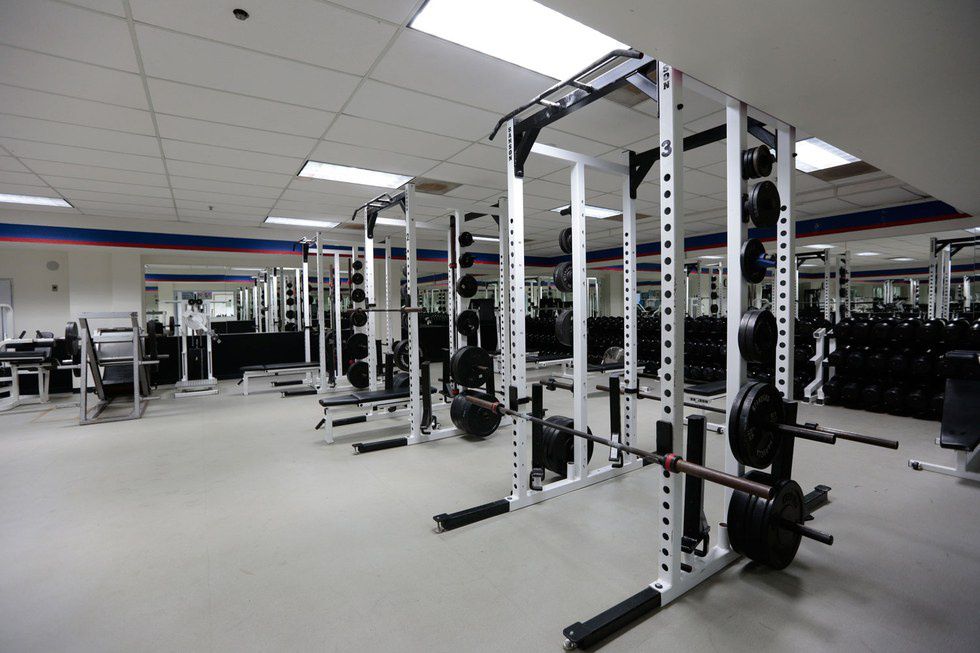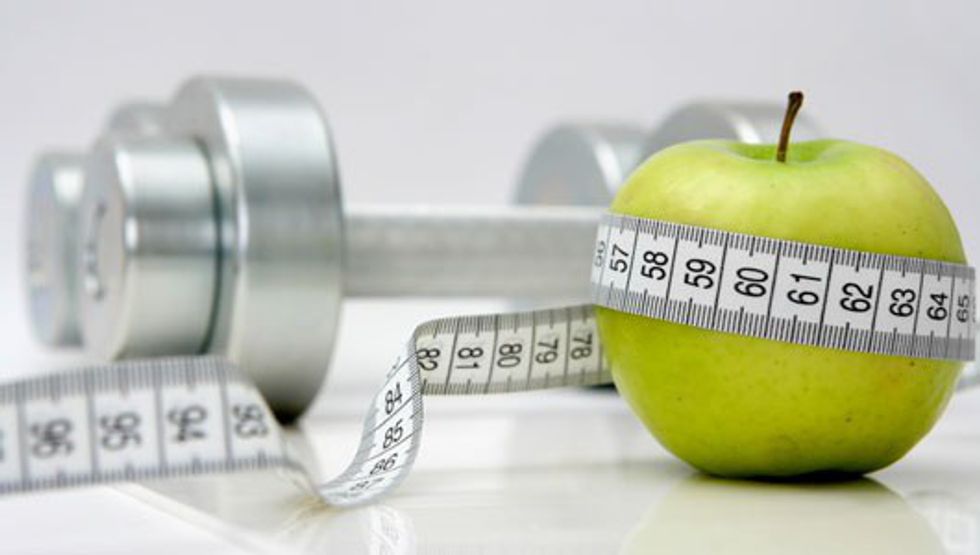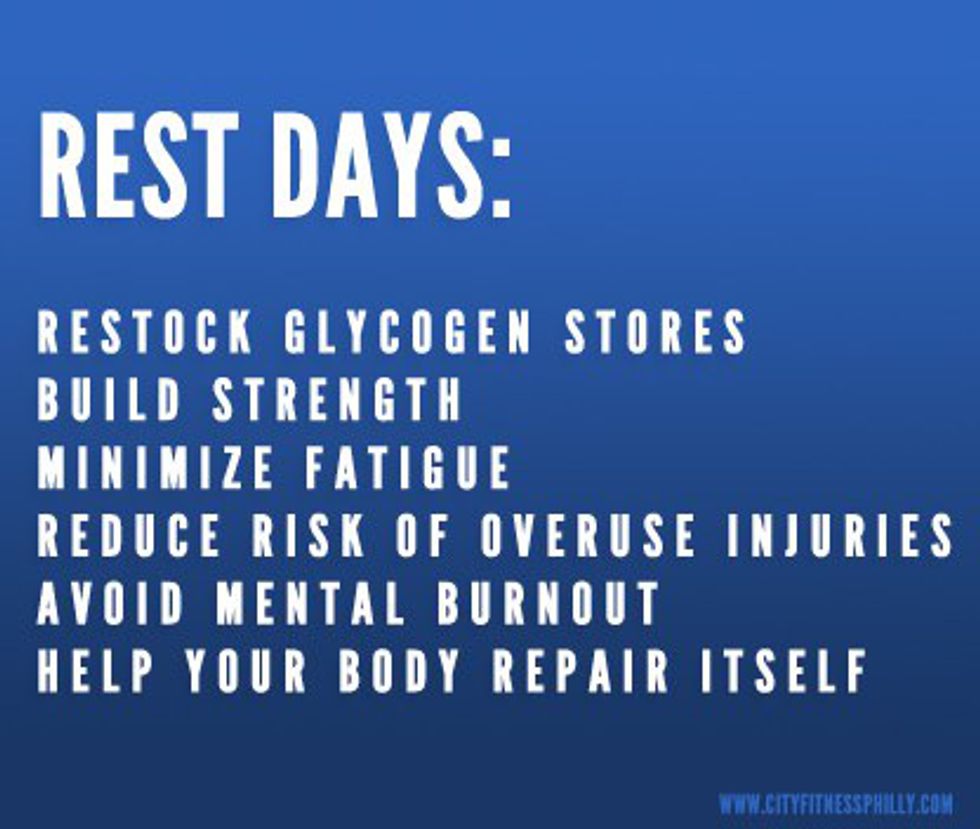I began weight training a year ago, and it completely changed how I think about myself, my physical appearance, and fitness as a whole. Beforehand, I had been doing the same old workout every day and stopped seeing any results. I became disheartened and lost my motivation. Going to the gym, an activity I once enjoyed, suddenly became a tedious task I hated. Then, my brother taught me more about weight lifting. Through meeting with trainers and doing my own research and studying, I learned more about the lifestyle and found myself more motivated than ever to hit the gym. I began seeing results almost immediately, both physically and mentally.
There is a tug-of-war between cardio and weightlifting. Which is more effective? Which is better? The answers to these questions all depend on your fitness goals and the body type you hope to achieve or maintain. Cardio and weight training serve very different purposes and, therefore, have different effects. While cardio and weight training are both important, I often see aerobic cardio being prioritized, especially by women. Lifting weights serves many purposes, and making it more of a priority may be the push your body needs to reach your fitness goals. Lifting weights will make you look and feel stronger, healthier, and more confident. The following are a few of many reasons why you should lift weights:
1. You can completely reshape your body.
According to Adam Cambell, the fitness director of Men's Health, you lose 40 percent more fat by lifting weights than by dieting, even with cardio. A study at Penn State put dieters into three groups -- no exercise, aerobic cardio only, and weight training. They lost the same amount of weight, but the weightlifters shed six more pounds of fat than the other two groups. Research shows that for dieters who don't lift, 75 percent of their weight loss is from fat while 25 percent is from muscle. Losing muscle may decrease your weight on a scale, but it will make you appear less toned. By incorporating and prioritizing weightlifting in your workout routine, you will lose fat, gain lean muscle mass, and protect that muscle.
It is a common myth than women shouldn't lift weights because they will appear too masculine. This could not be more inaccurate. Women should prioritize weightlifting just as much as men tend to. Just as weight training allows you to reshape your body, it emphasizes your body's natural curves. Lifting weights will make you look toned rather than "skinny." It will make you appear strong to whatever degree you desire, which doesn't mean you'll look masculine! Male or female, strength is sexy.
2. Weight training allows for variety.
To get the most results from your lifting, it is important to switch up your workouts and confuse your muscles. This goes beyond just working different muscle groups. This can include changing specifically which exercises you do, or it can mean switching between heavy days and light days. You can try increasing weight, decreasing rest periods, increasing reps, changing the speed or steadiness of each rep, including burnout sets, etc. There are many ways to switch up your workout, and this not only gives you better results, but makes your workouts more interesting! Personally, nothing bored me more than spending 30 minutes on a treadmill and doing the same four weight machines every time I went to the gym. When I started weightlifting, and therefore doing different workouts every time, I found exercising to be more interesting. In turn, I became more motivated to go to the gym. I even look forward to it.
3. You burn more calories from lifting weights than from aerobic cardio.
Studies have shown that after a weight training workout, your metabolism increases and you continue to burn calories for up to 36 hours after you've completed your session, even when you spend the rest of your day doing absolutely nothing! In comparison, during aerobic cardio workouts, such as steady jogging or running, you may burn more calories during your workout, but you stop burning calories when your workout is finished.
4. You increase your long-term metabolism.
Because you continue burning calories after your weightlifting session, consistently lifting weights increases your metabolism over time. When you lift weights, you gain lean muscle mass, and when you have more lean muscle mass, you burn more calories throughout any given day, even rest days. In short: the more lean muscle mass you have, the greater your metabolic rate. The key term here, though, is "consistently." You will not get these results by lifting for one hour every now and again. Stay dedicated and you will see results!
5. You get more rest days.
When you're working your muscles harder, you need to allow yourself rest days in between. The irony of it is, you won't want to!
Rest days are just as important as gym days. You need to allow your body time to rest, recuperate, and repair muscle tissue in order to get the most out of your next session. Rest days are implemented into the training programs of even Olympic athletes. Allow at least 48 hours in between muscle groups, maybe more depending on the intensity of your last session. Listen to your body!
Point being: while aerobic cardio may be done on a daily basis, weightlifting shouldn't be. This can be beneficial as it allows you more time during your week to relax or finish other responsibilities without stressing over making time to exercise.
6. You feel happier and more confident.
This applies to any form of exercise, whether that be lifting, running, or playing a sport. Exercising releases endorphins in your brain, helping to ward off anxiety and depression, relieve stress, boost self-esteem and improve sleep. Research even shows that exercise is an "effective but often underused treatment for mild to moderate depression." Additionally, you may feel more confident about yourself and your body image, especially when you start to see results.
7. Your future self will thank you.
The benefits of lifting weights are long term when you stay consistent. As weightlifting increases your metabolic rate, over time, your dedication will make you much more resistant to weight gain as you get older. Additionally, studies have shown that lifting decreases your risk for diabetes. For those who weight train, their bodies have better control of their blood sugar than those who don't lift. This is due to an increase in the muscles' demand for glucose as you grow more muscle tissue. Finally, lifting weights melts visceral fat around the abdomen and its nearby organs, which has been associated with higher risks of diabetes and cancer.
In short, there is no reason you shouldn't start adding weight lifting to your daily routine. Your future (and current) self will thank you for it!






























